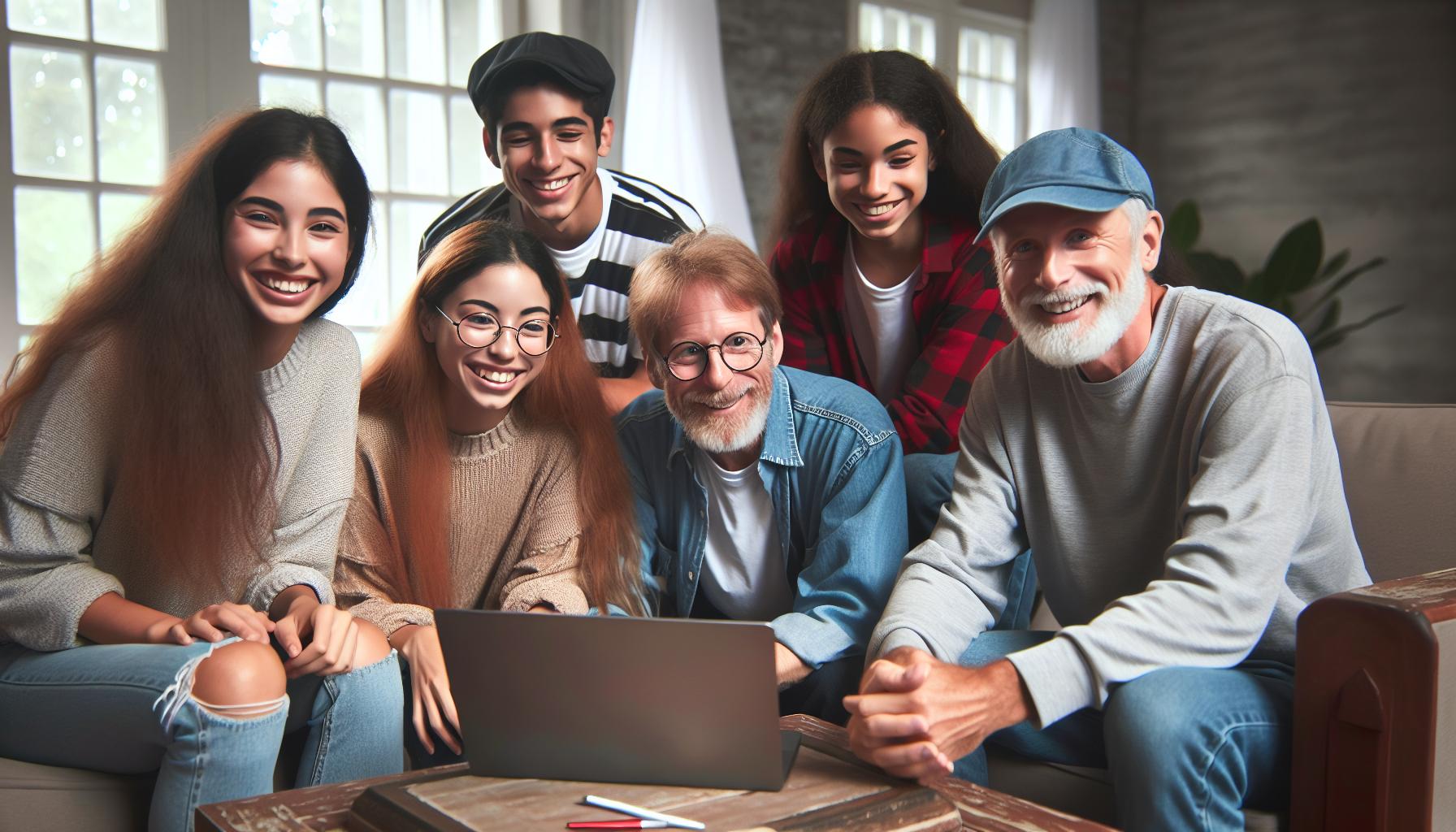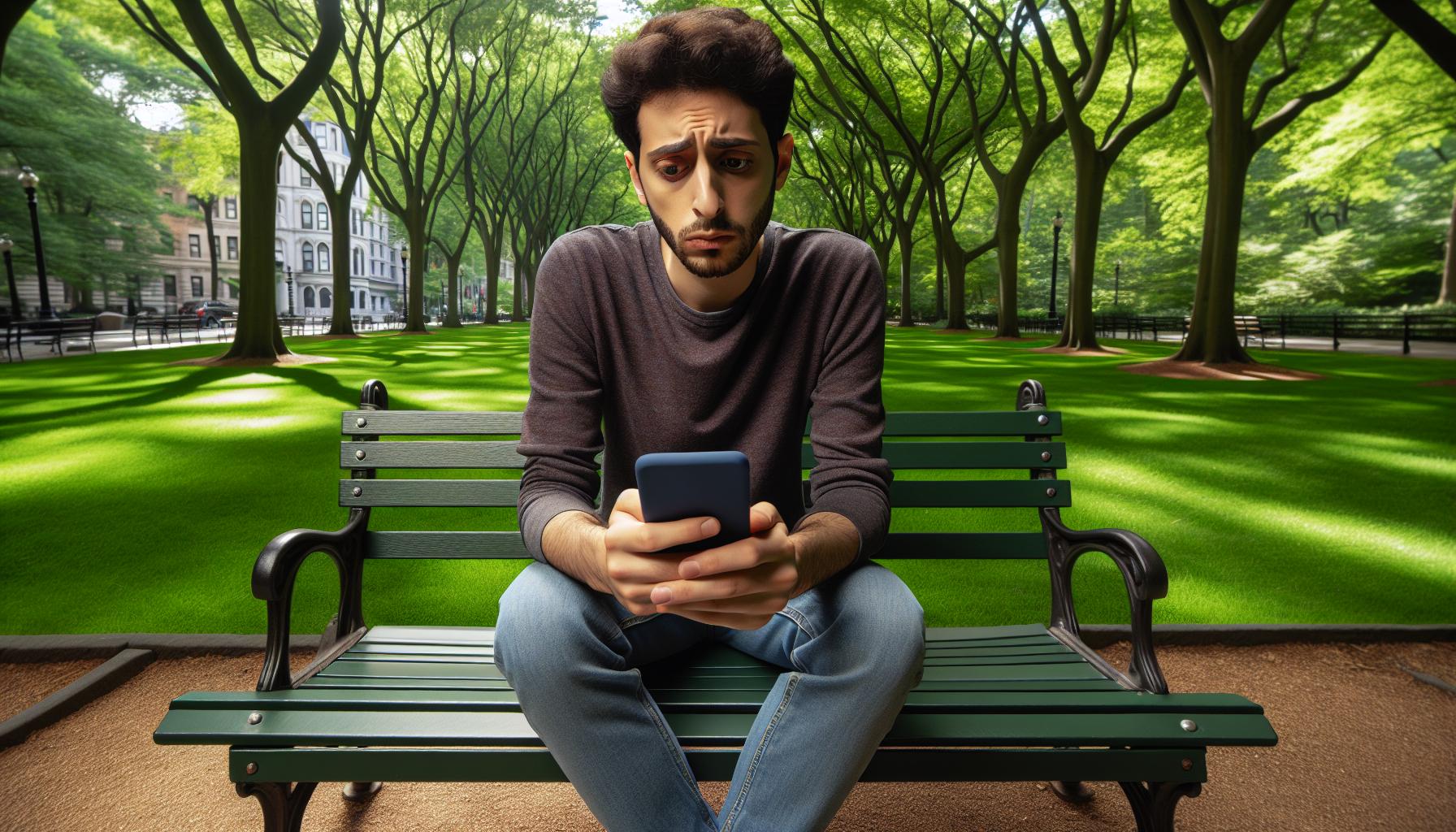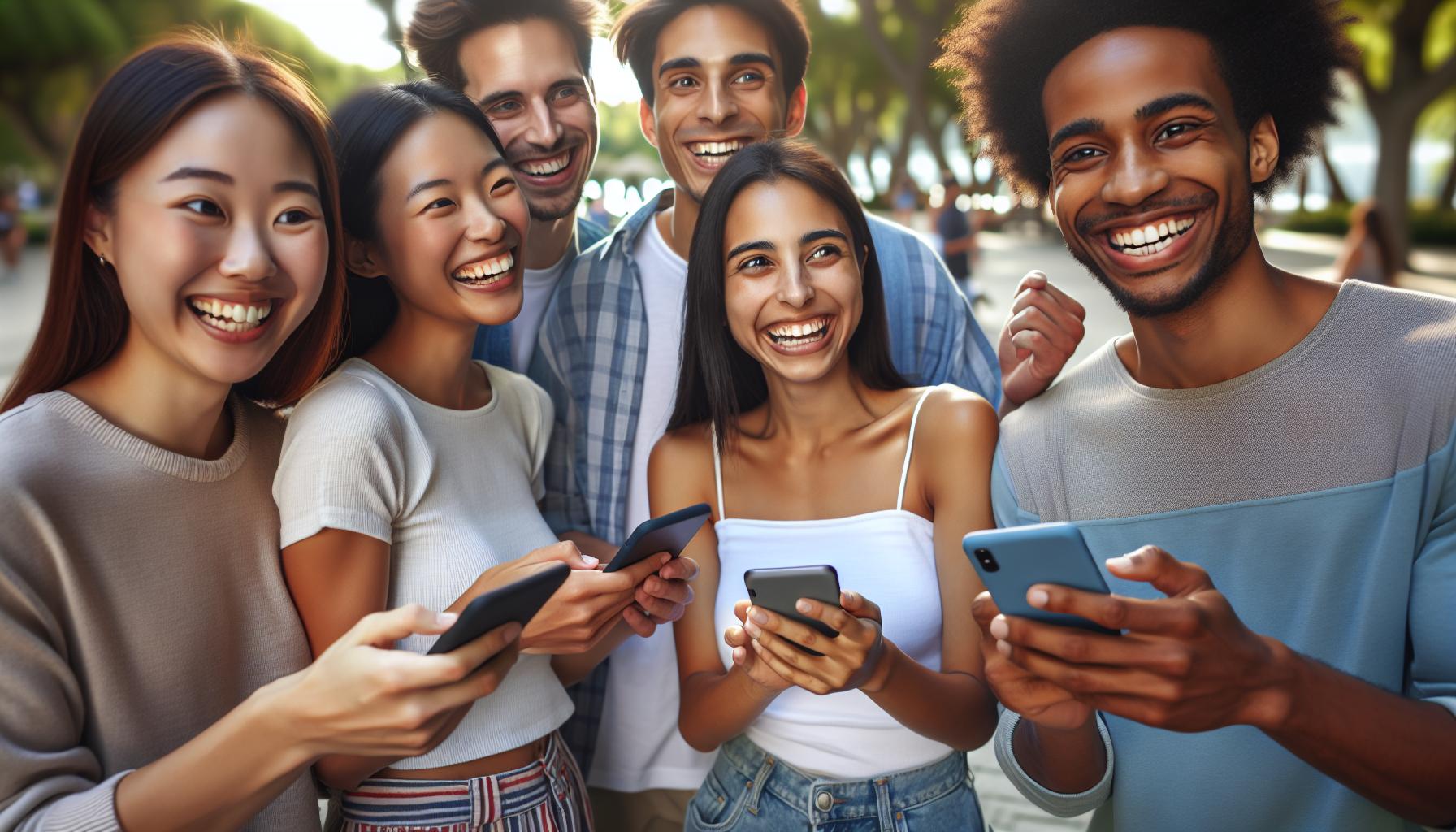Social media has woven itself into the fabric of daily life, transforming how people connect, communicate, and consume information. With billions of users worldwide, platforms like Facebook, Twitter, and Instagram spark debates about their impact on society. Are they fostering community and spreading awareness, or are they breeding misinformation and division?
As the digital landscape evolves, the question of social media’s role becomes increasingly complex. It holds the power to amplify voices and drive social change, yet it also poses risks to mental health and privacy. Understanding whether social media is ultimately good or bad for society requires a closer look at its multifaceted effects on individuals and communities.
Key Takeaways
- Transformative Role: Social media has fundamentally changed how people connect, communicate, and share information, impacting society on multiple levels.
- Positive Contributions: Platforms enhance global communication, foster community building, and democratize access to information, empowering marginalized voices.
- Mental Health Challenges: Excessive use of social media correlates with increased anxiety, depression, and negative self-image, highlighting significant mental health risks.
- Misinformation Issues: The rapid spread of misinformation complicates public discourse and erodes trust in credible news sources, with false narratives often gaining more traction than facts.
- Balanced Approach: Implementing digital literacy education, content curation, and responsible engagement can help mitigate social media’s negative impacts while maximizing its benefits.
- Privacy Awareness: Regularly reviewing privacy settings and understanding data management is essential for protecting personal information on social media platforms.
Is Social Media Good for Society
Social media encompasses various online platforms enabling users to create, share, and interact with content. Popular platforms include Facebook, Twitter, Instagram, and TikTok, each serving unique functions in communication, entertainment, and information dissemination.
Social media enables real-time communication, connecting people across geographical boundaries. It fosters community building, allowing users to engage with like-minded individuals, share experiences, and support causes. Additionally, social media serves as a tool for businesses, enhancing brand visibility and customer engagement.
While social media promotes positive interactions, it contributes to challenges such as misinformation and privacy concerns. Algorithms often amplify sensationalized content, leading to division and polarization among users. Reports indicate that excessive use impacts mental health, increasing anxiety and depression rates.
The role of social media in shaping public opinion and discourse remains significant. Advocacy for social issues has gained momentum through these platforms, empowering marginalized voices. However, the balance between its benefits and drawbacks requires ongoing examination to understand its true impact on society.
Positive Impacts of Social Media

Social media yields various positive effects on society. It enhances communication and provides access to information, playing a crucial role in daily interactions and knowledge dissemination.
Enhanced Communication
Enhanced communication occurs as social media platforms allow users to connect with others across the globe. Individuals can share experiences instantly, bridging geographical divides. Users engage with friends, family, and communities, fostering stronger relationships. Businesses leverage communication tools like direct messaging and comments to build rapport with customers. Real-time conversations on issues, events, and insights also promote community engagement, enabling collaborative efforts in advocacy and support.
Access to Information
Access to information improves significantly through social media, offering immediate updates on global events and local news. Users obtain diverse perspectives, enriching their understanding of various topics. Social media platforms serve as resources for educational content, tutorials, and expert opinions. Nonprofits and organizations utilize these channels to raise awareness about social issues, mobilizing communities for change. Furthermore, social media challenges conventional gatekeeping, empowering marginalized voices and democratizing information sharing.
Negative Impacts of Social Media

Social media presents several challenges that adversely affect society. Key issues include mental health concerns and the spread of misinformation.
Mental Health Concerns
Social media usage correlates with heightened anxiety and depression among users. Studies reveal that excessive screen time can lead to feelings of inadequacy and isolation. Users often compare their lives to curated online personas, triggering low self-esteem and body image issues. Additionally, cyberbullying thrives in these spaces, contributing to significant emotional distress. The anonymity of digital platforms allows harmful behaviors to persist unchecked, perpetuating a cycle of negativity and emotional harm.
Spread of Misinformation
Misinformation spreads rapidly across social media platforms, complicating public discourse and decision-making. Algorithms prioritize sensational content, amplifying false narratives. Large-scale studies demonstrate that false information travels six times faster than verified news, leading to widespread confusion. This environment can ultimately distort public opinion and erode trust in reputable sources. Users often encounter difficulty discerning fact from fiction, making informed judgments increasingly challenging.
Balancing the Pros and Cons

Social media presents both advantages and challenges for society. Recognizing effective strategies for responsible use can mitigate negative impacts and enhance benefits.
- Adopting Digital Literacy Education: Educators can integrate digital literacy into curricula, equipping individuals with skills to critically evaluate online content. Understanding data credibility and recognizing biases fosters informed decision-making.
- Setting Time Limits: Individuals can establish daily limits for social media usage, promoting a balanced lifestyle. Monitoring time spent online reduces the risk of addiction and associated mental health issues.
- Curating Content: Users can curate their feeds by following diverse accounts that promote constructive dialogue and factual information. This practice encourages exposure to varied perspectives and combats echo chambers.
- Participating in Positive Engagement: Users can engage constructively with others, sharing uplifting content and supporting mental well-being. Encouraging kindness and empathy reinforces a positive online environment.
- Reporting Misinformation: Users can actively report false information and engage in truth-sharing initiatives. Promoting accurate content strengthens trustworthiness within social media platforms.
- Encouraging Face-to-Face Interaction: Individuals can prioritize in-person connections to balance online relationships. Engaging in real-world interactions promotes mental health and fosters deeper relationships.
- Practicing Privacy Management: Users can regularly review and update privacy settings on their social media accounts. Understanding data sharing and enhancing privacy measures protect personal information from misuse.
Conclusion
Social media undeniably shapes modern society in profound ways. It offers unparalleled opportunities for connection and information sharing while presenting challenges that require careful navigation. As users engage with these platforms, balancing the benefits of community and awareness against the risks of misinformation and mental health impacts becomes crucial.
By promoting responsible usage and fostering digital literacy, individuals can harness social media’s power for good. The ongoing dialogue about its role in society is essential for understanding its complexities. Ultimately, the collective effort to use social media thoughtfully can lead to a more informed and connected world.
